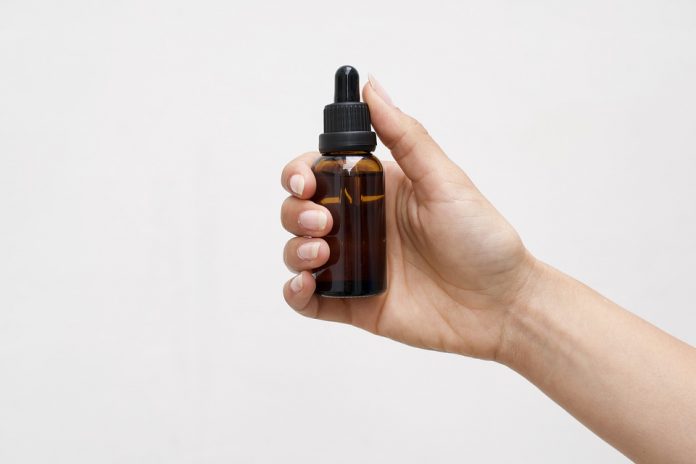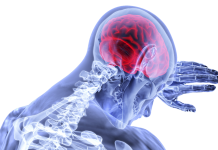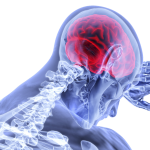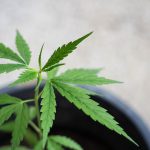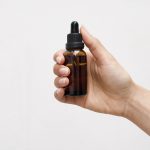U.S, July 7, 2021 (GREENENTREPRENEUR) THC, delta-9-tetrahydrocannabinol, the primary psychoactive compound in cannabis, is the most well-researched cannabinoid, in relation to sleep. That is not to say that there is an abundance of research on THC and sleep. The scientific study of the impact on sleep of cannabinoids, including THC, remains limited. Most of the studies are small, and a lot (though not all) of the research is preclinical–studies conducted in animals, not humans.
But there is a body of scientific data that reveals at least a partial, preliminary understanding of how this cannabinoid impacts sleep and offers some insight into THC’s therapeutic potential in treating some sleep disorders.
THC, like other cannabinoids, interacts with the body’s own endocannabinoid system. While THC interacts with both endocannabinoid receptors, CB1 and CB2, research has shown that THC’s action at CB1 receptors is likely a driver of this cannabinoid’s sedating capabilities. CB1 receptors in specific regions of the brain, including the pons and basal forebrain, appear to play a role in bringing about the onset of sleep.
Dose and duration
The effects of THC on sleep appear to vary widely, based on at least two important factors: dose and duration of use.
Research has shown that low doses of THC have sedative effects, while moderate doses of THC have stimulant effects. At high doses, THC has hallucinogenic effects, and at extremely high doses, this cannabinoid has psychotic effects.
Short-term exposure to THC creates a number of changes to sleep. With short-term use, THC decreases the time it takes to fall asleep. In addition, short-term exposure to THC appears to:
- Increase time in slow-wave sleep, the deepest, most restorative stage of non-REM sleep
- Decrease time in REM sleep, a sleep stage in which the brain is highly active, vivid dreaming takes place, the brain processes memories, and rejuvenates its mental and emotional processing capabilities
- Increase total sleep time
- Reduce the frequency of nighttime awakenings
More total sleep, more deep sleep, less waking during the night—sounds good, right? Not so fast. With long-term exposure to THC, research shows that the effects of THC undergo a shift. Long-term, chronic exposure to THC appears to decrease time spent in slow-wave sleep, according to studies in both humans and animals. In addition, research indicates that regular, long-term exposure to THC may:
- Extend the time it takes to fall asleep
- Reduce total sleep time
- Increase the frequency of nighttime awakenings
What’s behind the changes to sleep that occur with chronic exposure to THC, in contrast to its short-term effects? The short answer is we don’t yet know for sure. We need to see more research. But these results suggest that tolerance to THC develops over time, which may diminish and/or reverse some of the short-term sleep effects and may create conditions where greater amounts of THC are needed to achieve THC’s short-term sedative and sleep-extending capabilities.
What research tells us
Until we have findings from multiple, large, placebo-controlled clinical studies of THC, which investigate its effects on sleep and the impacts of dose and duration of use, we won’t have a full, clear sense of the therapeutic potential of THC for sleep problems and sleep disorders. That said, there are some interesting and promising indications of how THC might serve in the treatment of sleep issues.
There are some small studies suggesting that THC may be effective in reducing some of the sleep problems associated with post-traumatic stress disorder. PTSD is often accompanied by highly disrupted sleep, including frequent and intense nightmares. Studies of Nabilone, a synthetic form of THC, have shown significant reductions to nightmares associated with PTSD, and, in the case of one study, improvements to insomnia in people with PTSD.
At least one study has shown that THC on its own may be effective in improving sleep for people with chronic pain. A small study of people with fibromyalgia, who also had chronic insomnia, showed that the synthetic THC Nabilone was more effective in improving sleep quality than amitriptyline, an antidepressant medication that is sometimes prescribed at low doses to treat pain and sleep problems. However, it is not clear from this research whether THC improved insomnia by reducing pain disturbance, or by affecting sleep directly.
There is also some encouraging, very preliminary research suggesting THC may be useful in treating obstructive sleep apnea. A small group of studies in animals has found that injections of Dronabinol, a synthetic form of THC, decreased the number of apneas, the interruptions to breathing that are the hallmark symptom of OSA. And the results of a recent, placebo-controlled randomized trial of Dronabinol in people with moderate or severe OSA, show that use of this synthetic THC was associated with fewer apneas, as well as with improved sleep quality, as reported by the participants in the study.
There’s a lot that is promising in these preliminary studies of THC for the treatment of sleep apnea and other sleep disorders. But we remain a long way from a full, clear understanding of the mechanisms and effects of THC on sleep, and the short- and long-term impact of THC exposure to sleep.

